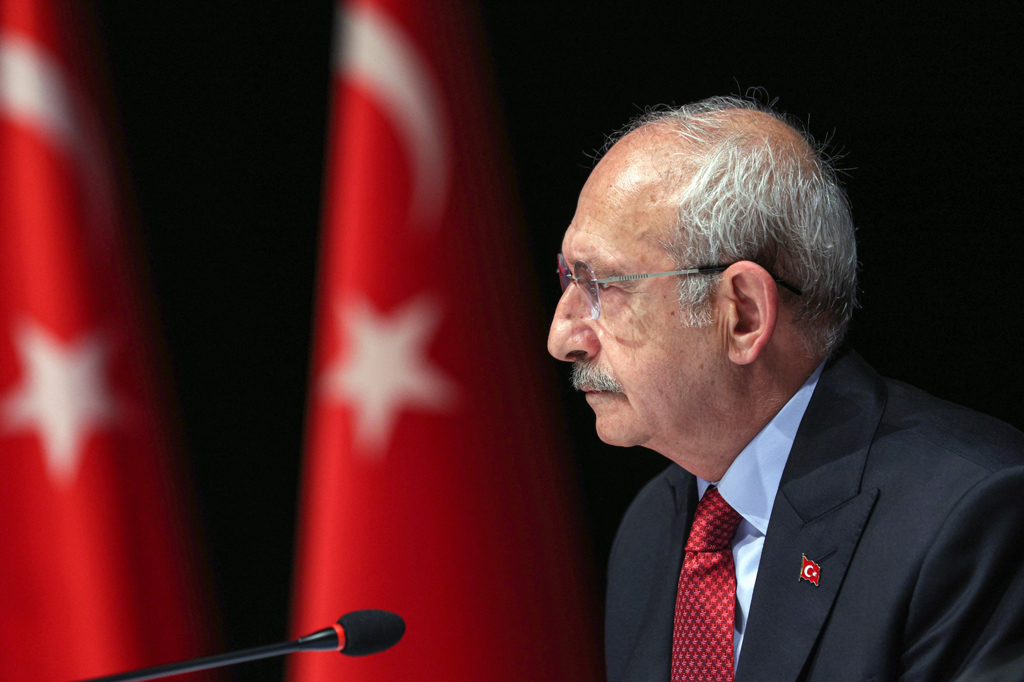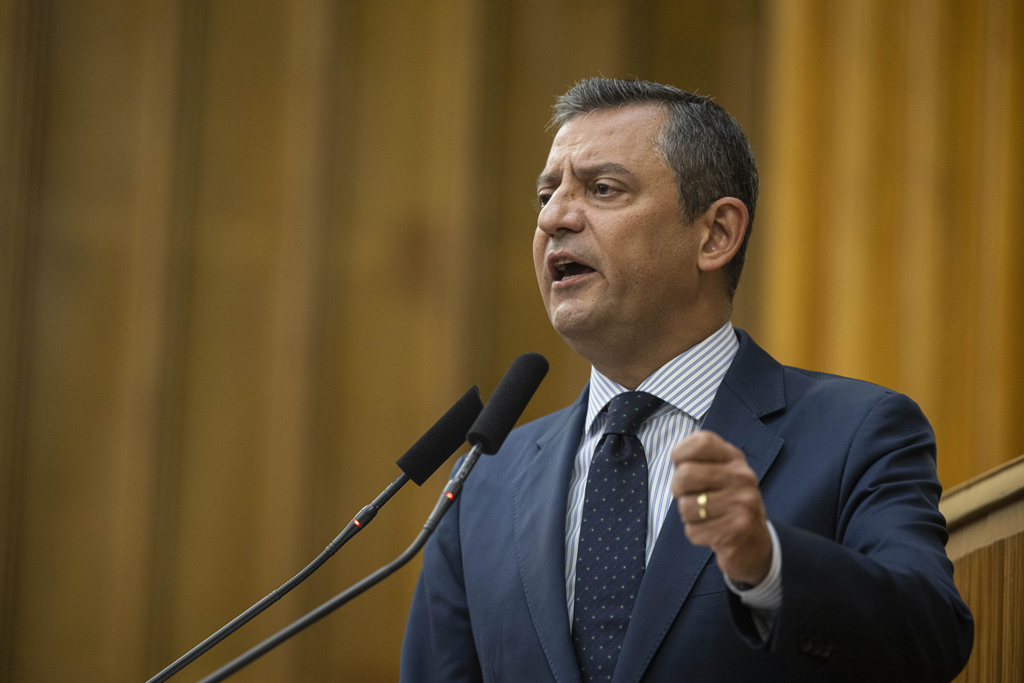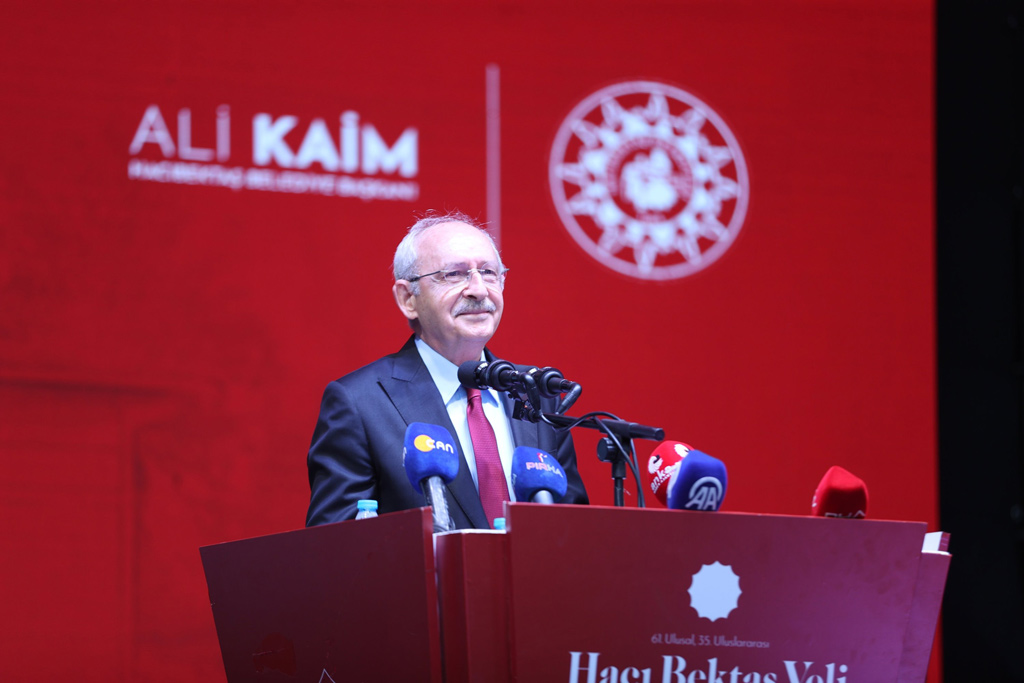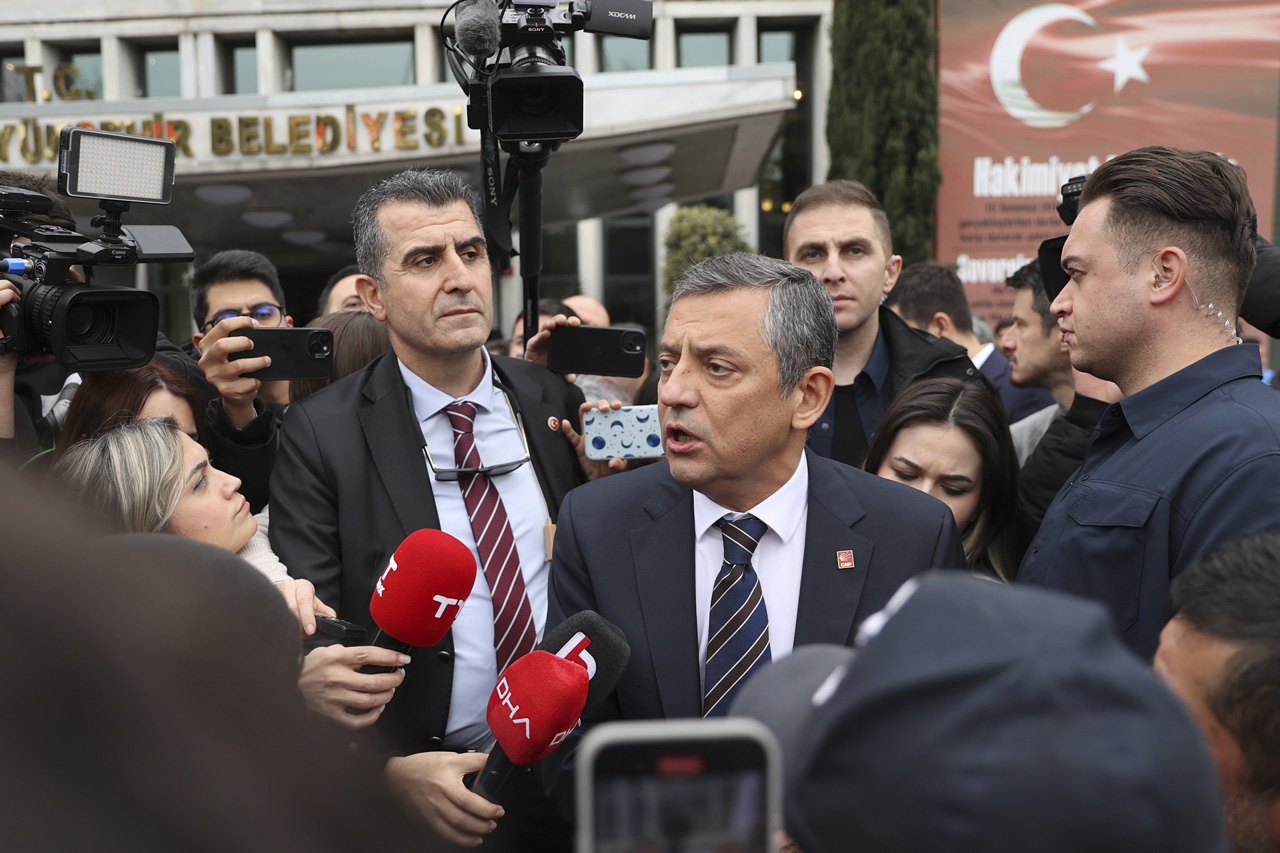Türkiye’s governing alliance pays no attention to the opposition and prepares for next year’s local elections. The resulting political void is filled by a showdown between and within the opposition alliance’s members. As new details about past negotiations and disappointments surface in the media, the opposition continues to bleed internally.
Meanwhile, not a single opposition party has yet volunteered to engage in genuine self-criticism about their latest election defeat. That is because any such attempt would make it possible for intraparty rivals and other opposition parties to assign blame.
Little time is left until the March 2024 municipal elections and opposition parties still need to collaborate, and get in the way of a comprehensive analysis. Indeed, the Republican People’s Party (CHP) Chair Kemal Kılıçdaroğlu carefully refrains from criticizing the Table for Six and its members because he imposed himself as the opposition’s presidential candidate, made a secret deal (which recently leaked) with a far-right politician, faces a leadership challenge and wants to form a greater alliance for the local elections.
Still, the pro-CHP media witnesses a fight among various cliques as they facilitate attacks against the leaders of CHP’s right-wing allies. That, in turn, encourages those parties to come forward and talk about past negotiations and assign blame in public.
Since Ümit Özdağ, a far-right politician who endorsed Kemal Kılıçdaroğlu, leaked a secret agreement under which he was promised three Cabinet appointments and the National Intelligence Organization; Ahmet Davutoğlu, another opposition leader, stated that running his parliamentary candidates on the CHP ticket was a last resort. Adding that he had “tried everything else” before making that call, Davutoğlu severely undermined the opposition’s morale.
At the same time, some CHP members, who do not believe that their party should have given away 38 parliamentary seats to fringe right-wing parties to secure their support, began criticizing their movement’s leadership anew.
Let us recall that Ali Babacan and Temel Karamollaoğlu, too, had suggested that they were unhappy about having fielded candidates on the CHP ticket – a decision, they said, that they found difficult to explain to their supporters. Having failed to chart the "third way" in Turkish politics, those right-wing parties effectively gave up on their ambitions by endorsing the CHP candidate for a few parliamentary seats. In this regard, pro-CHP media outlets drive a wedge between former members of the Nation Alliance by describing the Felicity Party (SP), DEVA and the Future Party (GP) as “mere nominal parties.”
The opposition has no choice but to engage in self-criticism and mutual criticism. They are compelled to explain to their supporters, who remain furious over the election defeat, that other opposition parties are to blame. Recent leaks about preelection negotiations strengthen the CHP chair’s hand but fuel discontent among other opposition parties. That opposition leaders criticize each other in slow motion, and in a relatively careful manner does not mean that their popular support has plummeted. Indeed, their decision to delay that inevitable confrontation makes it harder to heal their wounds. Specifically, the CHP’s provincial congresses and leadership crisis have delayed intra-opposition talks until November. That, in turn, encourages the relevant parties to criticize each other.
Meral Akşener, who chairs the Nation Alliance’s largest right-wing member party, has already confessed that she regrets “asking (the CHP) for 15 parliamentary seats and jumping on the bandwagon.” An actual self-critique, however, remains missing. Nonetheless, the Good Party’s spokesperson, Kürşad Zorlu, recently said that the opposition would have won the presidency in the first round and secured a parliamentary majority had opposition leaders taken Akşener’s warnings and concerns into account. In other words, he enabled future attempts to blame the election defeat on Kemal Kılıçdaroğlu and other opposition leaders. Likewise, the head of that party’s organization made a call to “walk down a free and independent path regardless of the price” – a sign that the Good Party will drive a hard bargain with the main opposition party.
Last but not least, the Peoples’ Democratic Party-Green Left Party (HDP-YSP) demands official negotiations and a seat at the Nation Alliance’s table.
The opposition’s deepening fragmentation causes the supporters of all relevant parties to think that they should have contested the May 2023 elections individually. It will not be easy to form an alliance to overcome that sentiment. The Table’s “alliance of principles and policies” crumbled in the presidential election’s second round. All that remains is the tactical negotiation over provincial and county municipalities.

Is it possible to treat opposition’s ‘internal bleeding’?
Türkiye’s governing alliance pays no attention to the opposition and prepares for next year’s local elections. The resulting political void is filled by a showdown between and within the opposition alliance’s members. As new details about past negotiations and disappointments surface in the media, the opposition continues to bleed internally.
Share
Tags »
Related Articles







